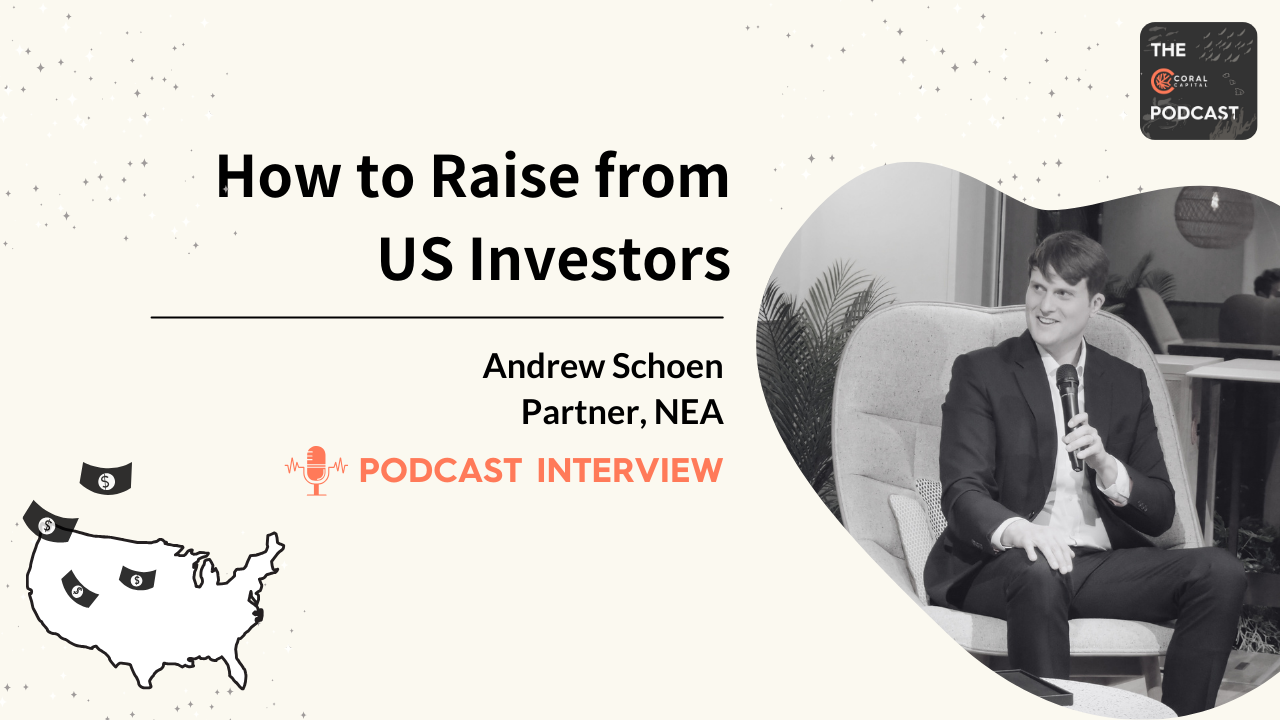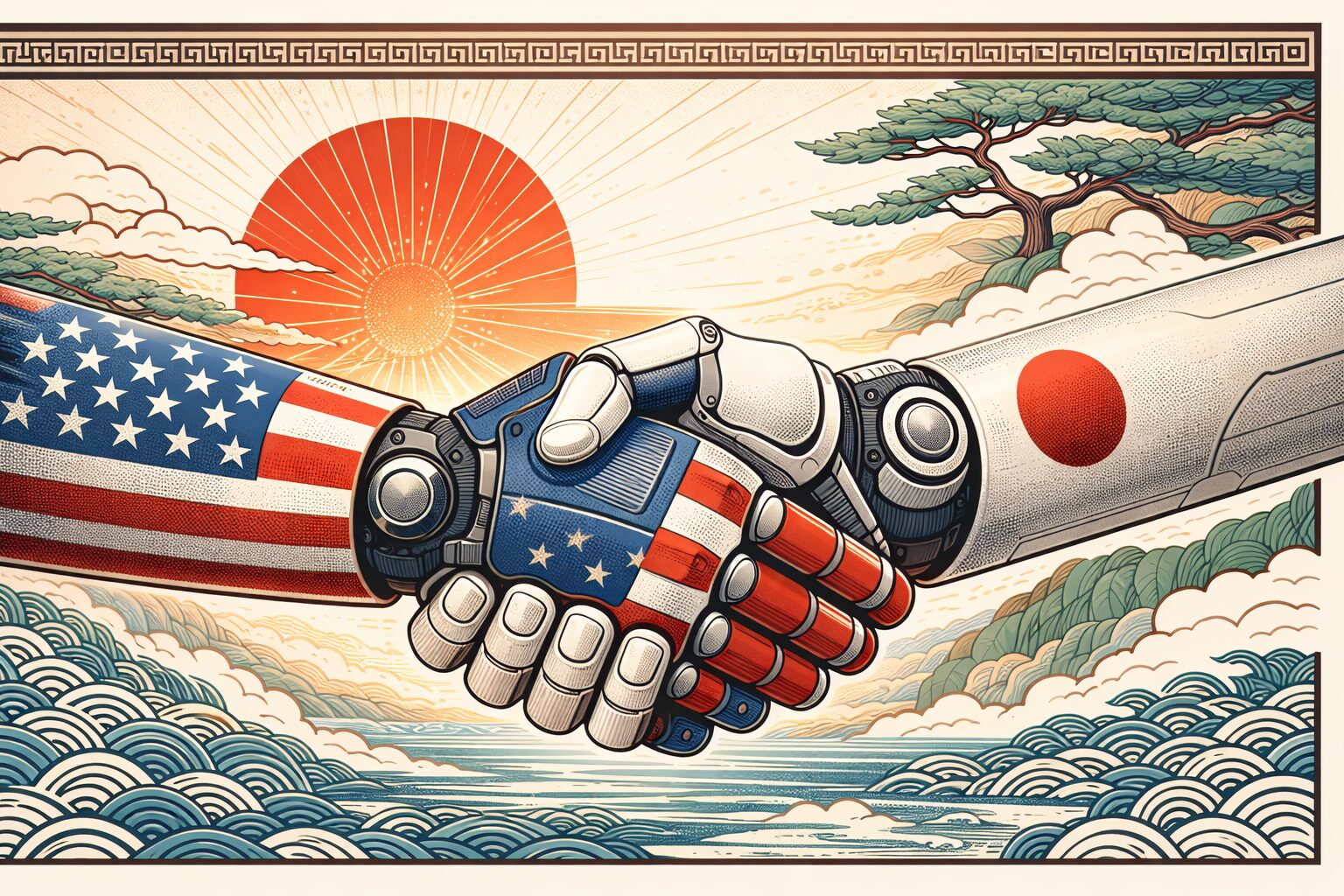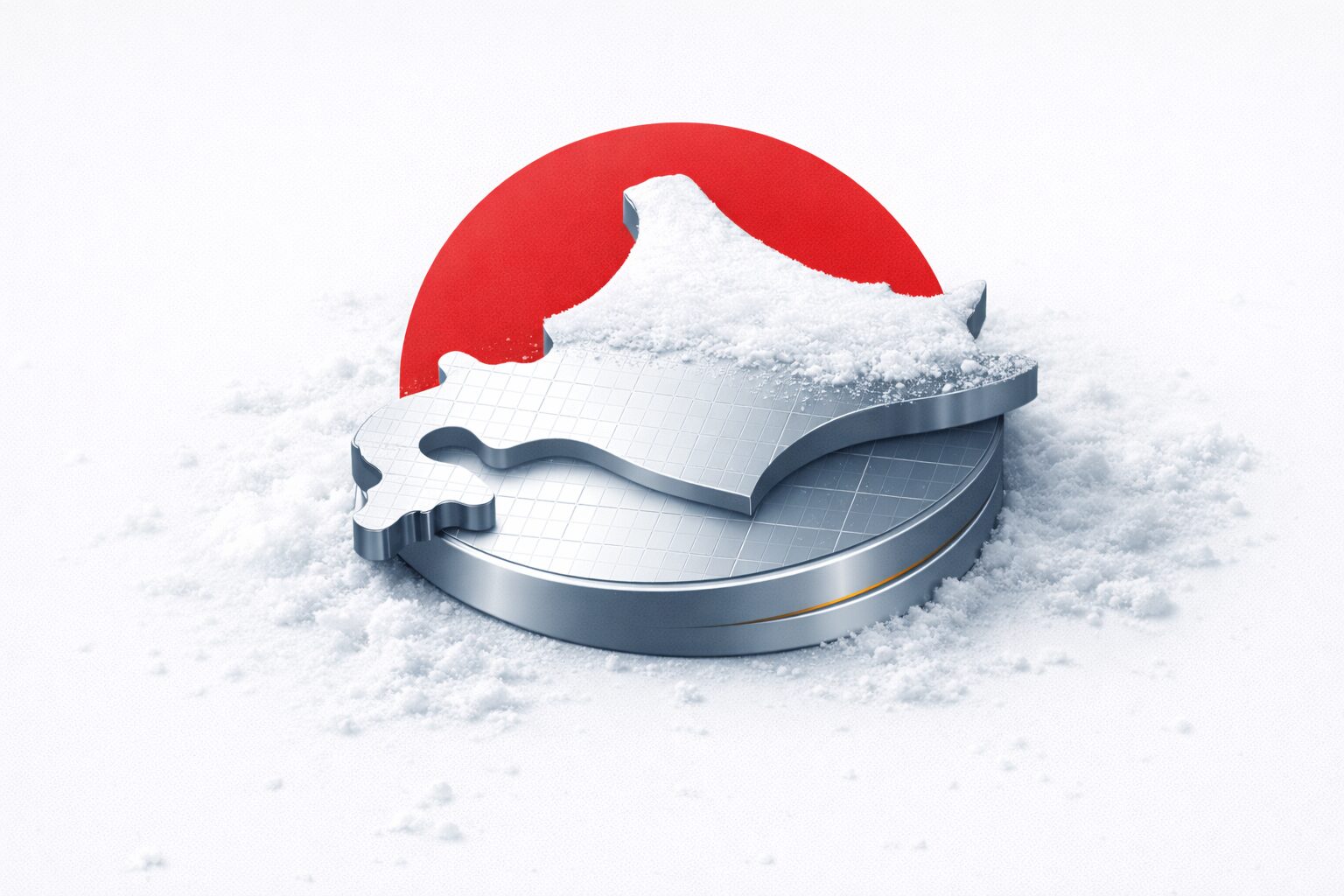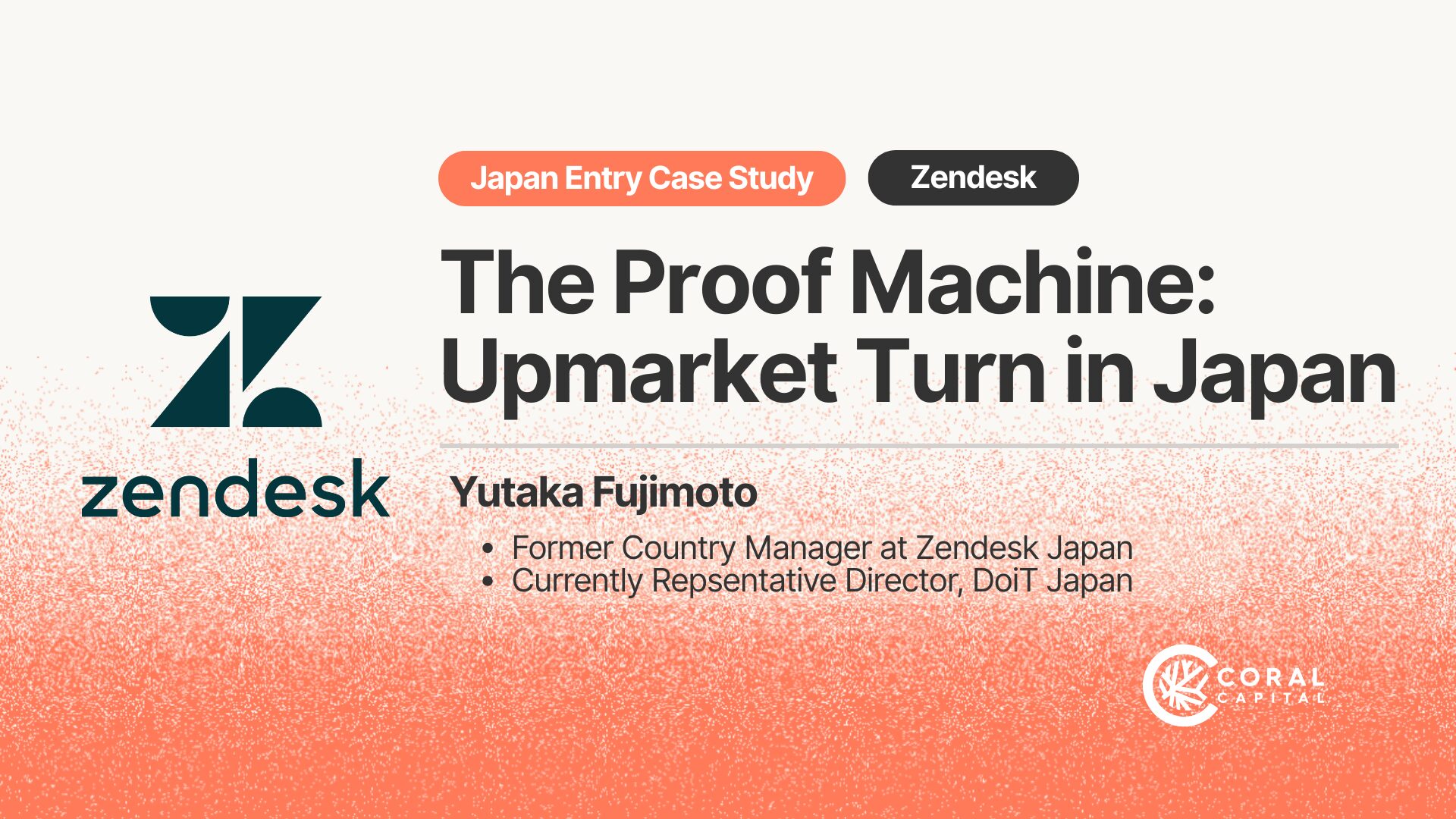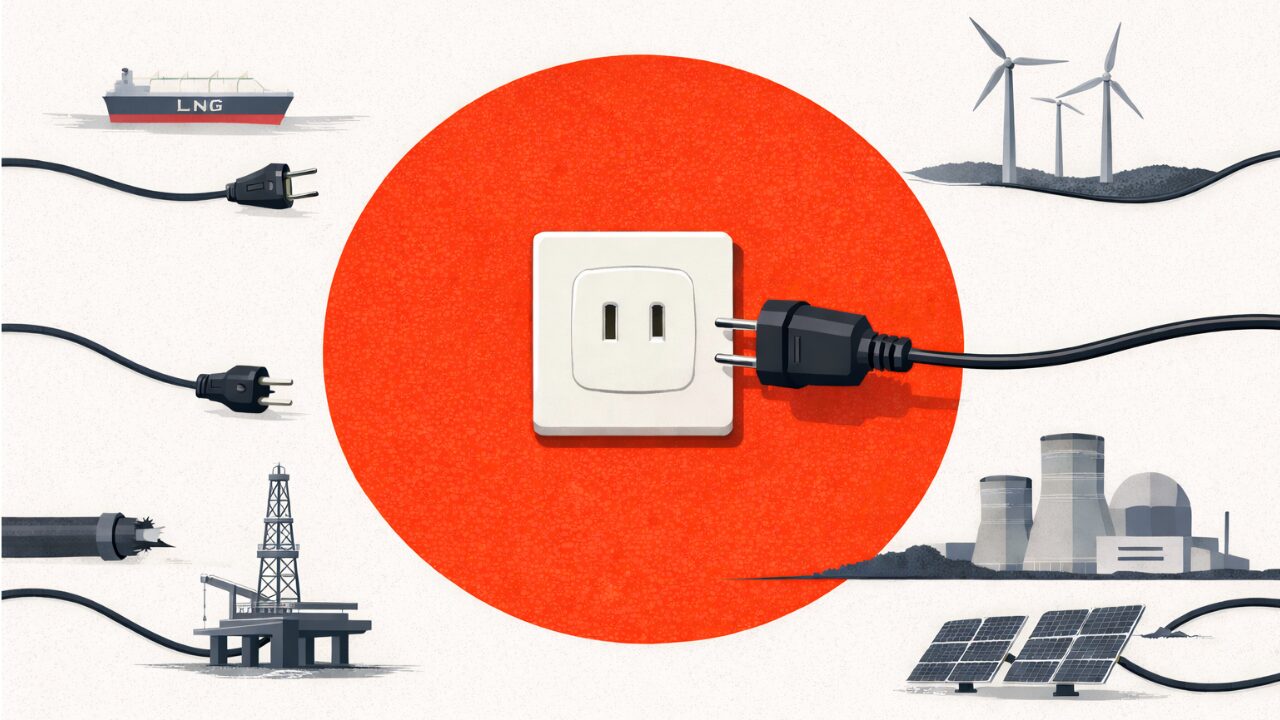If you enjoy this episode, please make sure to follow us on Spotify or Apple Podcasts.
Welcome to another episode of The Coral Capital Podcast, a show where we bring on guests from tech, business, politics, and culture to talk about all things Japan.
Today’s guest is Andrew Schoen, Partner at NEA (New Enterprise Associates) . Established in 1977, NEA has served as a partner to the founders and teams behind some of the most transformational innovations in healthcare and technology over the past five decades including Cloudflare, Databricks, Coursera, Perplexity, Plaid, and Robinhood. The firm manages over $25B in AUM and invests across the early to post IPO stages.
Andrew joined NEA in 2014 and invests in founders innovating in AI/ML, fintech, frontier tech, infrastructure software, technically differentiated SaaS and security. Prior to NEA, he was a member of Blackstone’s M&A Group. Prior to Blackstone, he founded Flicstart. Andrew serves on the Cornell University Council, the Advisory Council for Entrepreneurship at Cornell, and is President Emeritus of the Cornell Venture Capital Club. He earned his master’s degree as a Schwarzman Scholar and his bachelor’s degree in economics and science of earth systems in engineering at Cornell.
We’ve highlighted some insights from the conversation below:
- While NEA has had Japanese LPs for over 40 years, the firm only recently began actively investing in Japan.
- Talent is a leading indicator for the health of a startup ecosystem, and Japan has a high caliber of talent.
- Japan’s startup ecosystem has key ingredients for success: A large GDP, strong technology base, quality education, and increasing enterprise demand for software and tech solutions.
- How Japanese founders pitch differently from US founders:
- Some Japanese founders are more modest about their vision, but overall, there’s more similarity than difference in how founders pitch between Japan and the U.S.
- One major difference is that Japanese founders often set specific IPO dates early, whereas U.S. startups typically stay flexible based on market conditions.
- Japanese LPs often expect faster exits, but longer time horizons can lead to bigger and more successful outcomes.
- How to raise money from U.S. VCs:
- The first meeting is only about securing a second meeting —don’t disqualify yourself early by making common mistakes like overstating valuation.
- Japanese startups should leverage local investors to get warm introductions.
- What NEA looks for in Japan:
- Mid to growth-stage, high-velocity, high-margin, software-driven businesses.
- Key metrics such as LTV/CAC, net revenue retention, and burn multiples are important—but potential future growth trumps past numbers.
- Growth benchmarks also matter:
- $10M–$20M ARR → 100% growth
- $20M–$30M ARR → 50~100% growth
- $100M ARR →30~40% growth
- Longer term sheets = fewer surprises. Short-term sheets can leave room for bad terms later.
Tune in on Spotify or Apple Podcasts.
You can also subscribe to our newsletter here!
